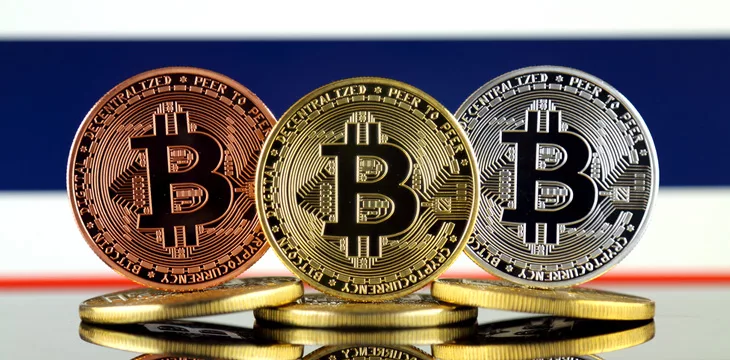|
Getting your Trinity Audio player ready...
|
Thailand is inviting investment into tokenized real-world assets, with the country’s securities regulator lifting an investment cap that limited retail investors’ involvement.
The Thai Securities and Exchange Commission (SEC) announced that it had updated the criteria for investing in digital tokens, offering custodial services, and other digital token-related operations.
A critical update is the removal of restrictions on digital tokens with real estate and related income streams as the underlying assets. The update also applies to tokens whose underlying asset is infrastructure operations or related revenue. Previously, this limit was set at 300,000 baht ($8,450).
The SEC published the proposed draft in 2023 and called on the public for feedback. According to the announcement, most Thai investors supported the proposal, which the SEC says treads the line between protecting investors and promoting innovation and development.
In addition to removing the investment cap, the watchdog legalized the creation of custodial wallets by local entities.
VASPs targeting Thai investors must obtain the SEC’s approval under the new regime. Businesses with other lines of business that wish to expand into digital assets must get the watchdog’s nod. The agency will weigh factors such as whether the digital asset business creates a conflict of interest with existing businesses, poses a risk to existing customers, or fundamentally affects the core business.
Thailand has become one of the friendliest digital asset hubs since Srettha Thavisin took over as Prime Minister. Thavisin is a real estate tycoon and, prior to politics, was the CEO of the country’s largest real estate firm. He’s also a digital asset and blockchain enthusiast whose company has conducted an ICO and invested in VASPs.
And unlike his counterparts who have taken power while pledging to push digital assets but have done little once in power (like South Korea’s Yoon Suk Yeol and Nigeria’s Bola Tinubu), Thavisin is pushing his country to become a haven for tokenization.
With Thavisin at the helm, Thai companies are diving into tokenization and Web3. The country’s second-largest bank, Kasikornbank, launched a $100 million fund for Web3 projects last year and is working on leveraging tokenized securities to raise funds.
Watch Economic geography: A deep dive

 07-06-2025
07-06-2025 





